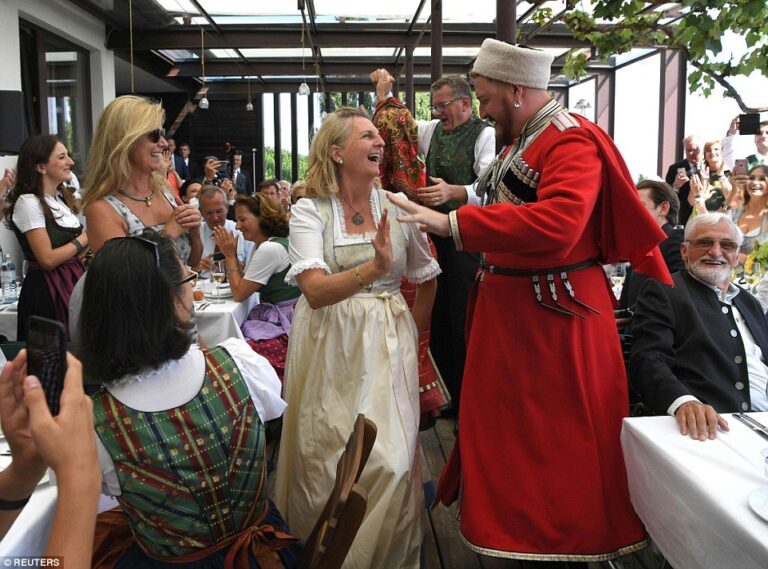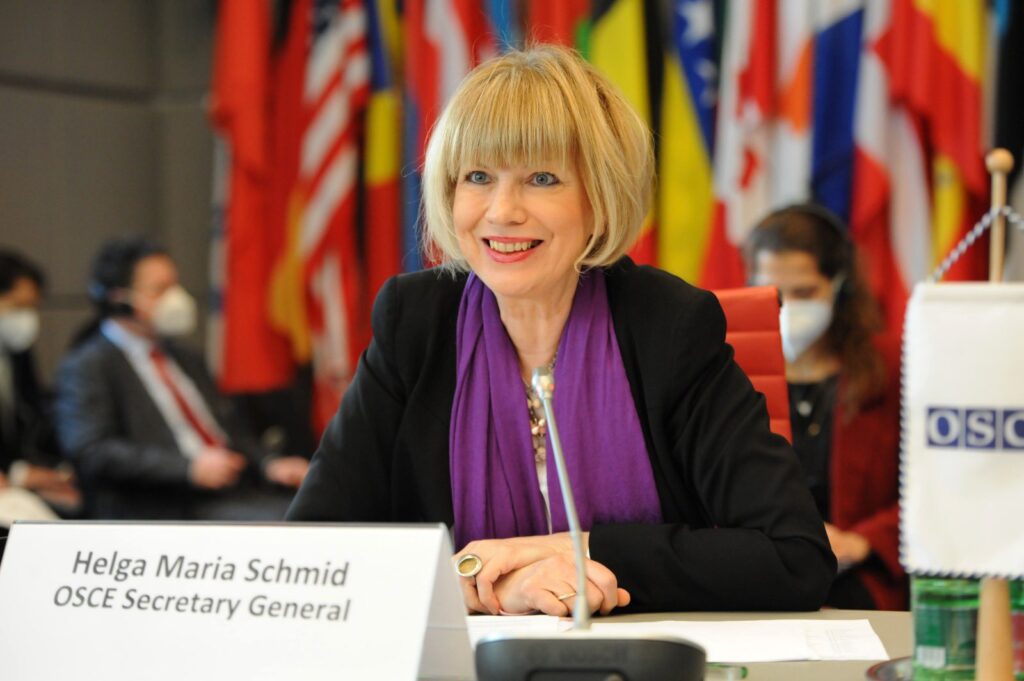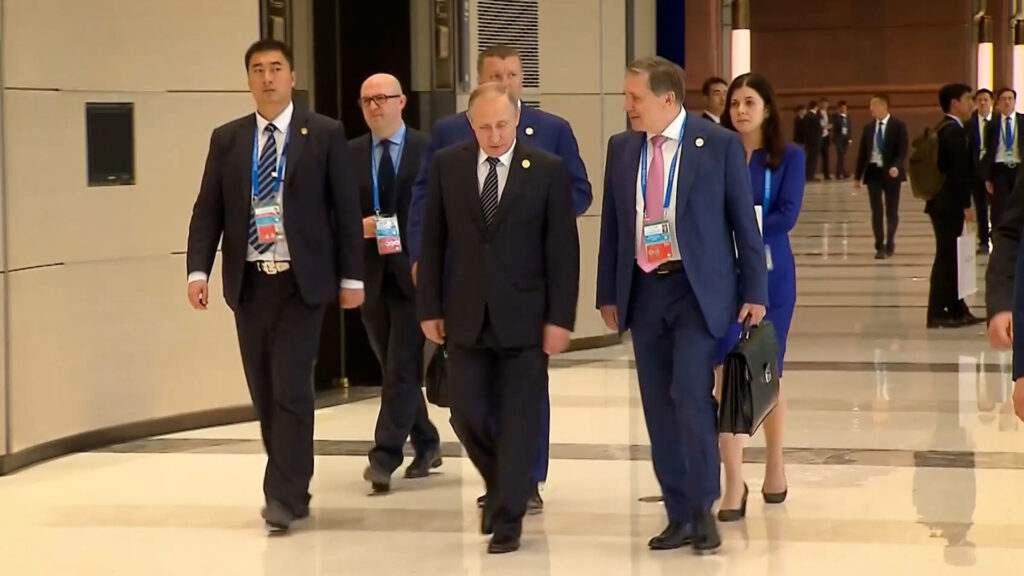Austria proves its image of Russia’s spy nest, among other insecurities for the EU, as Russian intelligence seeks to penetrate EU government and some international bodies. That penetration may be deep enough to pose critical risks to the West.
Austria has launched a probe into an attempt by alleged pro-Russian government officials in Vienna to create a brand new intelligence service in 2018, according to news reports. The effort did not succeed. Some claim, however, that, had it become operational, the new spy service in this European Union state would have been under Russian influence. We estimate that Karin Kneissl, the Austrian government’s ex-minister, was engaged in that operation. She was aware of this effort, which appears to have emerged from within her ministry.
The alleged effort to create a new intelligence agency in Austria occurred during the government of Chancellor Sebastian Kurz, a conservative politician belonging to the center-right Austrian People’s Party (ÖVP). Having failed to secure a majority in parliament in the 2017 national election, Kurz’s ÖVP formed a government through an uneasy coalition with the Freedom Party of Austria (FPÖ), a rightwing populist alliance of euro-skeptics, anti-immigration campaigners and strong critics of Islam. In joining Kurz’s governing coalition, the FPÖ was successful in installing Kneissl as Austria’s Minister for Europe, Integration and Foreign Affairs.
Although previously a supporter of the ÖVP, Kneissl had worked closely with the FPÖ —though never officially joined it— in the run-up to the 2017 national election. Prior to that, she had spent nearly a decade with Austria’s Foreign Office, where she had been able to utilize her near-fluent command of English, French, Spanish, and Arabic (she had spent much of her childhood in Jordan, where her father worked as a pilot). Even prior to heading the Foreign Affairs Ministry, Kneissl —and the FPÖ as a whole— was seen by her critics as being too close to the Kremlin. At her wedding in 2018, the list of guests included Russian President Vladimir Putin. Kneissl stepped down from her ministerial post in the summer of 2019. She has since blogged for the Kremlin-funded Russia Today television channel, affililiated with Russian military intelligence and Russia’s Defense Ministry. She was concurrently, right up to Russia’s military invasion of Ukraine, a board member of the Moscow-headquartered energy company Rosneft.
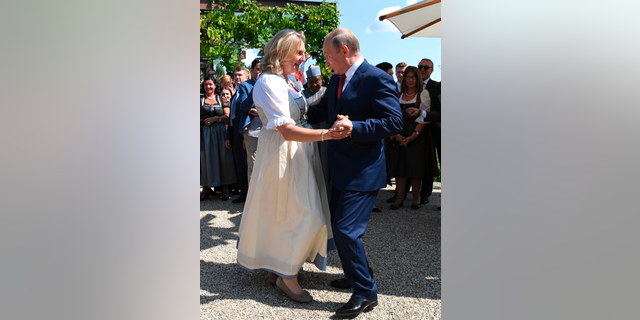
The Kremlin often appoints major lobbyists in foreign countries to the boards and boards of directors of Russian energy companies, like Gerhard Schroeder. It turned out, he was appointed to be paid for the services that Mr. Schroeder provided for Russia, as he ensured Russia-Germany gas pipeline to be launched, making Germany more dependent on Russian energy. No doubt those appointments are a payment for the services that foreign politicians provide to the Kremlin.
That is why Kneissl’s nomination as independent director for Rosneft, together with the ex-German Chancellor Gerhard Schroeder, Nord Stream 2 AG CEO Matthias Warnig, and Marcuard Holding Chairman Hans-Jörg Rudloff, are major signs to prove they are paid for services rendered to Russians, as they perform state tasks or take advantage of their ties and opportunities as civil servants.
Kneissl left Austria in July 2022, claiming she was threatened over her ties to Russia. As we estimate, however, Kneissl left for Lebanon as her involvement in Russian intelligence operations might have been disclosed. She chose Lebanon, most likely, as Moscow feared Kneissl’s ties to Russian intelligence could have been revealed, while Lebanon guaranteed her safety from being extradited to Austria, should an official request come. Only Hezbollah could provide those guarantees in Lebanon.
She left Austria following the arrest of Egisto Ott, a top BVT intelligence officer, as he was charged of spying for Russia. When Kneissl was a foreign minister, Ott had plans to transform the structure of foreign intelligence and transfer it to the Foreign Ministry. Egisto Ott managed undercover agents in the Austrian domestic security service. He served in Turkey & Italy as an intelligence officer. He is suspected of having sold state secrets to Russia & providing info on perceived enemies of the Kremlin in the West. Ott is also said to have sent confidential and secret emails from his private account, a US secret service got wind of it.
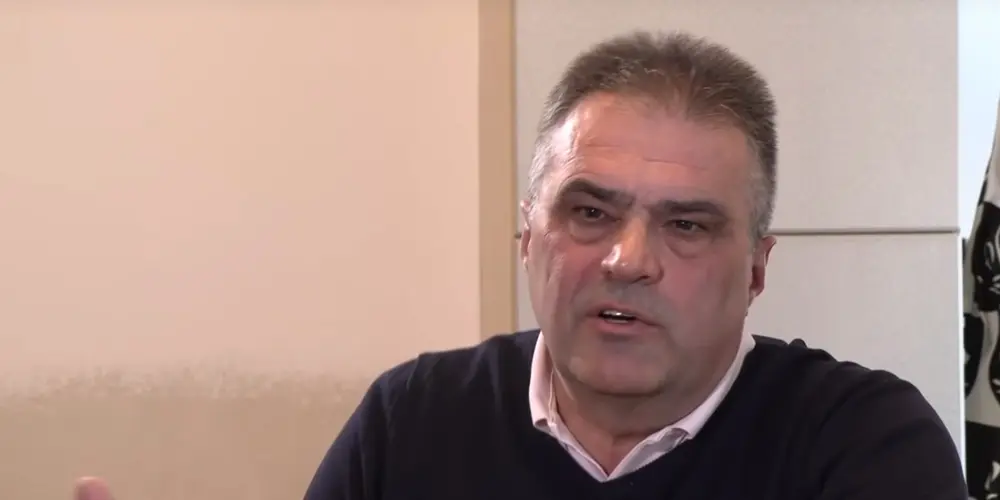
Amid suspicions of Kneissl’s collaboration with Russian intelligence, it is necessary to find out more on the circumstances surrounding the arrest of a retired Austrian Army colonel on November 9, 2018, as he was charged of spying for Russia. Following that, Kneissl canceled her visit to Russia, which, amid current suspicions of her ties to the Russians, might have been a cover operation for Moscow’s important agent. That was simultaneous to Ott’s activity. Moreover, that might have been a cover for an agent: Putin refused to meet with Kneissl in September 2022, as any contact with EU politician would have dispelled the myth for the Russians of Putin being isolated by the West.
Back in 2018, the effort to establish a brand new Austrian intelligence agency was allegedly led by a group of FPÖ-supporting officials inside the Foreign Affairs Ministry. According to reports, they included Johannes Peterlik, Austria’s former ambassador to Indonesia, who was the highest ranking civil servant at the Ministry at the time.
Had it been launched, the new agency would have complemented —and perhaps competed against— the country’s existing intelligence organizations. Those were the —now defunct— Federal Office for the Protection of the Constitution and Counterterrorism (known as BVT), which at the time served as the nation’s domestic intelligence agency, and the foreign-oriented Heeresnachrichtenamt, which is the intelligence organization of the Austrian Armed Forces.
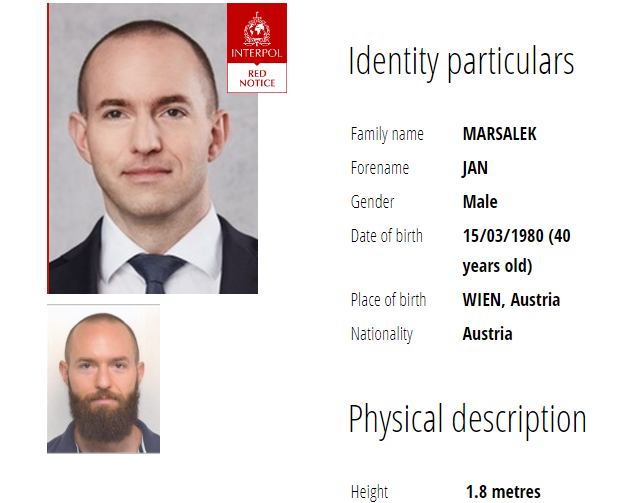
There are claims that Peterlik was to head the planned spy agency, and that the agency’s “Coordination Directorate” was to be led by Egisto Ott. In subsequent months, Peterlik was investigated for “giving classified documents in 2018 to a former Austrian secret agent accused of spying for Russia”. That former Austrian secret agent was Jan Marsalek, a financier and fugitive from justice, who has been dubbed by some as “the world’s most wanted man”, and is currently thought to be living in Russia under the Kremlin’s protection.
Kneissl’s possible ties to Russian intelligence indicate how deeply the Kremlin has penetrated the EU government and require more attention to reveal and destroy Russian intelligence network in Europe, and the Kremlin’s funding channels for European political parties.


